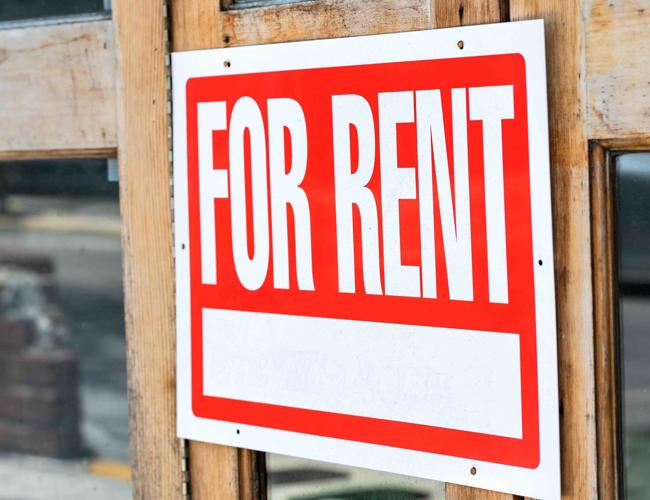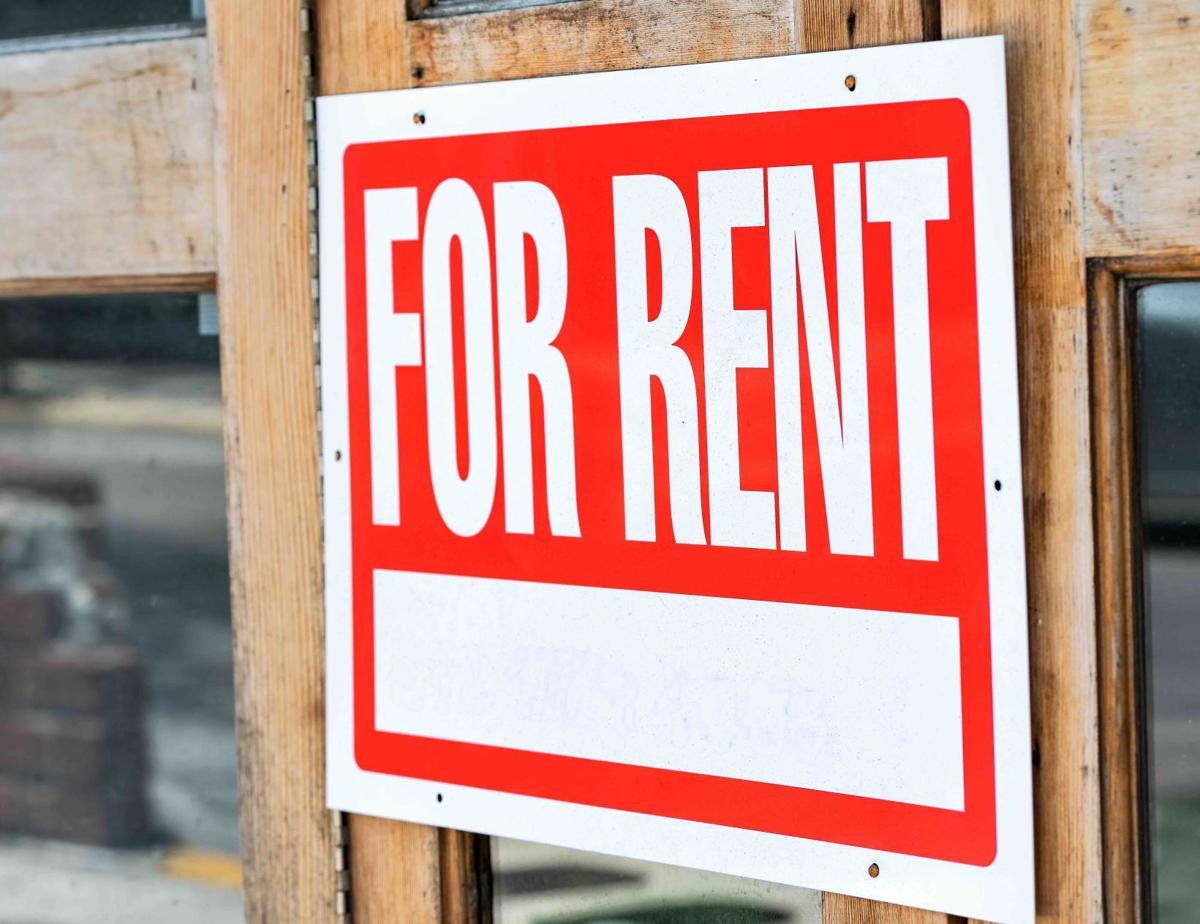Tucsonans who depend on rental subsidies now have new protections against “income source discrimination,” a problem that’s made it even harder for disadvantaged residents to put a roof over their heads.
Landlords in Tucson have previously been allowed to reject tenants based on the way they pay rent, which can include using housing assistance vouchers or subsidies through the Veteran’s Affairs Supportive Housing Program.
The rule has recently begun to have a greater impact: Subsidized residents have historically been able to find a rental within a month of searching, but it now takes them about 80 days.
The crux of the issue is that past city failures have scared landlords away from the programs, and they currently have no real incentive to get involved.
Tucson’s housing shortage means they can easily find tenants who are not on assistance — a group landlords perceive as lower-risk — and turn away those who are without fear of not being able to fill units.
“The notion of being able to say I’m going to deny you as a tenant because you’re participating in a low-income housing program is simply ethically wrong,” said Councilman Steve Kozachik, who proposed the new rule. “It’s my belief that rejecting a tenant solely based on the source of their income should not be allowed any more than rejecting somebody solely based on their ethnicity.”
Council members unanimously passed a rule Tuesday that will bar landlords from rejecting renters because they rely on housing assistance, a rule that’s already been adopted by over 100 other cities and counties nationwide.
But Kozachik said the city will need to “keep its act together” so landlords are not left to bear the brunt of program shortcomings — a serious fear that has driven landlords away in the past.
The Ward 6 councilman described Tucson’s Housing and Community Development Department, the office that administers the assistance programs, as being “off the rails” in previous years.
Property owners who accepted housing vouchers had to wait long periods of time before they received payments, for example. They were also stuck with units that were “trashed” by outgoing tenants and received little help from the city, making the programs a financial risk.
Officials said the department has markedly improved and that those past shortfalls are no longer issues, however. Liz Morales, the director of Housing and Community Development, said the next step is to “educate” landlords about the department’s newfound effectiveness in order to renew confidence in the programs.
“The improvements have been in place. We could move forward with this,” Morales said. “To say that we’re continuously improving, I don’t think anything we’re doing today would delay the work. The processes that we have in place today are working with our landlords.”
Further improvements will still be needed to ensure the city is fulfilling its “obligation to the landlords” to run the program efficiently.
Officials discussed boosting rental subsidy amounts so that property owners can get more out of their participation. The city has already made an increase — from a cap of 100% to 110% of market rate — but it’s not a simple fix.
If the funding comes through federal sources, Tucson needs to trudge through a potentially arduous approval process. The increases will also limit the number of families who can actually receive the assistance across the city.
“I will tell you, even going up to 110% is already impacting the number of families we can serve,” Morales said. “So, we have seen a decrease in the number we can serve.”
Officials are also looking at ways to streamline the process so landlords are not stuck spending time trying to comply with program rules. Other future changes could include a bump in security deposit amounts to reduce the risk posed by tenants who may damage their apartments.
Still, it’s unlikely the financial concerns among property owners will be calmed immediately given the city’s previous failures. Local landlord advocacy groups — who voiced concern over the ordinance ahead of the vote — said their involvement in the process will be critical as the details are hammered out.
“We urge Mayor Romero, the City Council, and interested parties to vet next steps in this housing discussion,” said Jeff Hebb, vice president of advocacy and association affairs at the Tucson Association of Realtors. “Let’s sit down together and work on this. We want to be a part of the process, the public input, and are here to help produce the best results for all involved.”
Morales said Housing and Community Development plans to conduct increased public outreach and community meetings to ensure the program is a benefit to all involved, and the shortfalls of the past don’t crop up again.







